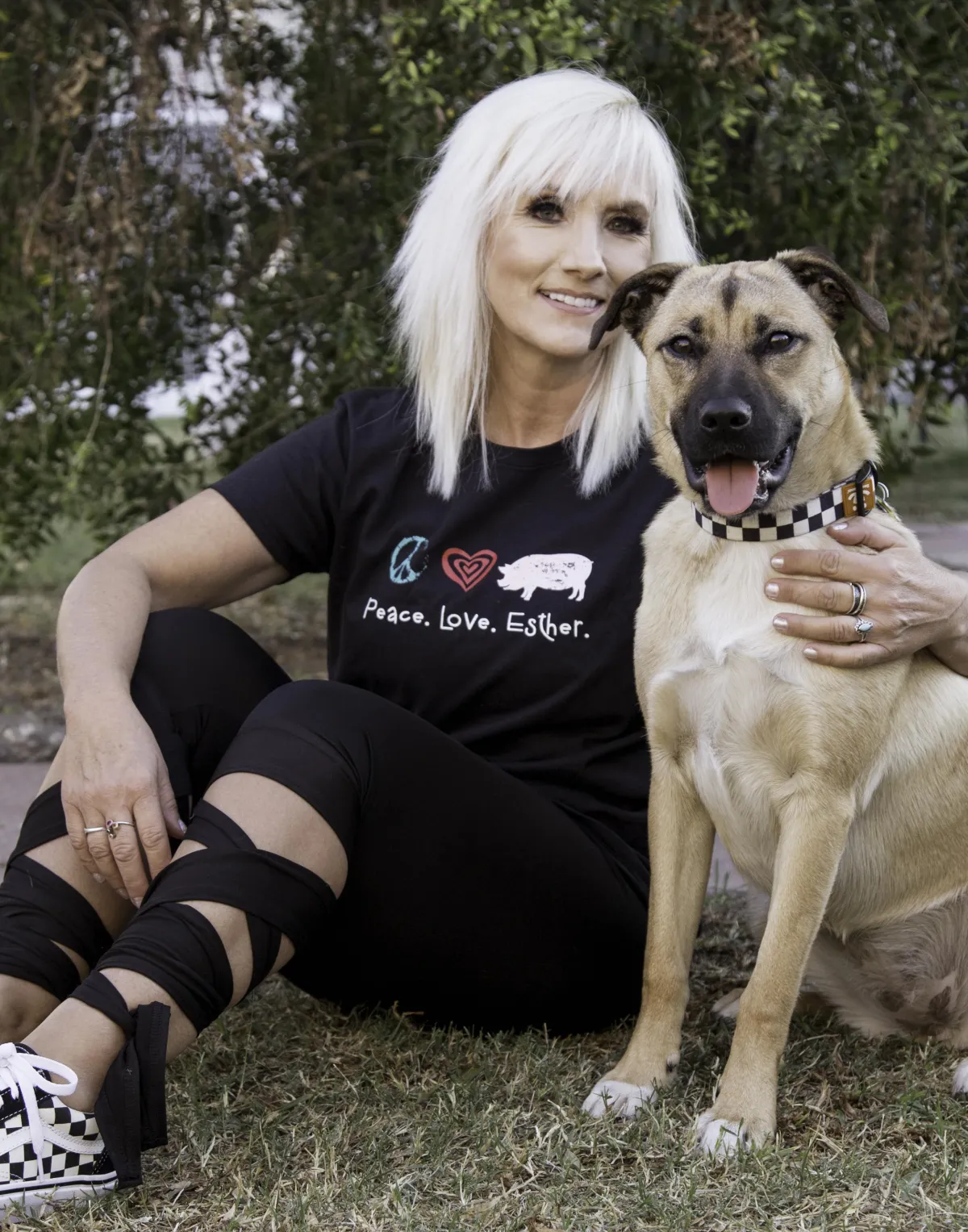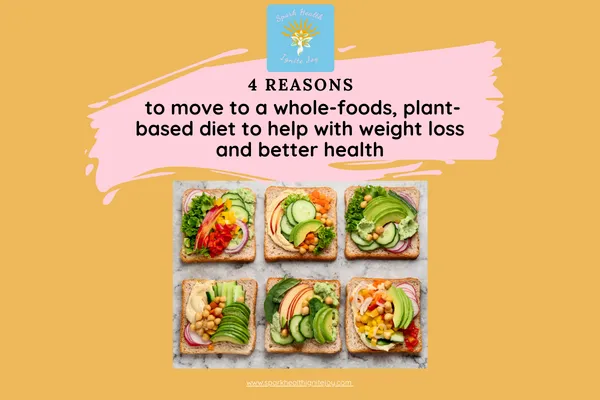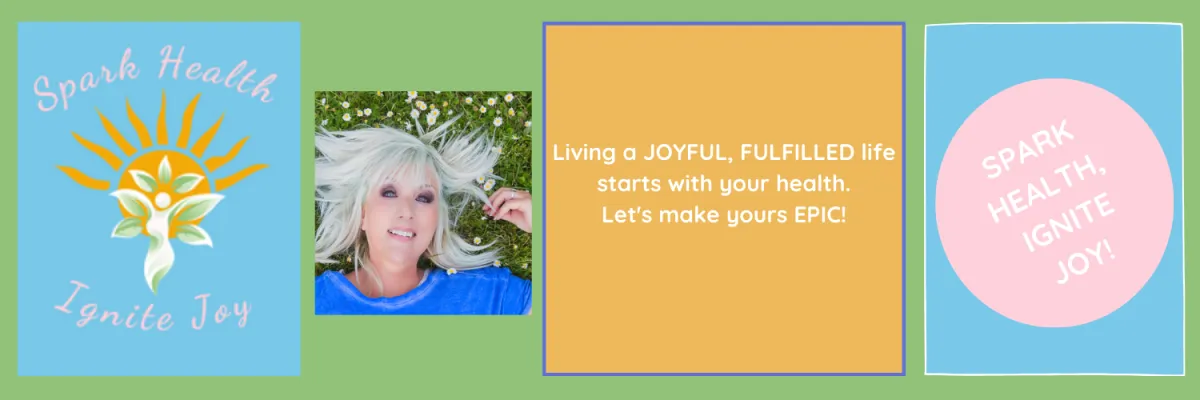Welcome to my Blog!

About the Blogger
Hi, I'm Wendy!
I'm an EXPERT in fun, joy and living life with a "you gotta put in the hard work for what you want (but still have fun doing it!) and the rewards are SO worth it" mantra for success and getting the most out of life!
I'm a CERTIFIED EXPERT in fitness, nutrition, weight loss and coaching from a habits-based, whole foods plant-based perspective that is all about GOOD HEALTH for life.
My passion is helping people truly find and live their optimal lives through making the connections between optimal health and a joyful, fulfilled life.
Through online courses and meal plan coaching, I teach strategies for good habits, good health, making things easier for yourself, and being good to yourself and others.

Weight Loss and Improved Health and Wellness Through a Whole Foods, Plant-Based Diet
According to the National Center for Health Statistics at the Center for Disease Control, studies show that The obesity rate has steadily increased since the initial 1962 recording of 23%. By 2019, figures from the CDC found that more than one-third (36.5%) of U.S. adults[4] and 17% of children were obese. A second study from the National Center for Health Statistics at the CDC showed that 42.4% of U.S. adults were obese as of 2017-2018 (43% for men and 41.9% for women).
Obesity in the United States is a major health issue resulting in numerous diseases, specifically increased risk of certain types of cancer, coronary artery disease, type 2 diabetes, stroke, as well as significant increases in early mortality and economic costs.
People have different motivations for losing weight. Many want to “look better”. For some, this can be enough motivation to do what is need to be done to lose excess weight - expend more calories than they take in which is ultimately the only way weight loss can happen. The body “burns” calories just to function so we are even burning calories at rest. We also burn calories during the digestion of foods process. So we 100% need to take in a baseline level of calories just to exist.
The third way our bodies use and burn calories is through our physical activity. This is the thing we can change. We can increase our level of activity.
The thing is, to lose weight we ultimately need to burn more calories than we take in. Some people choose to drastically cut calories and/or exercise at intense levels but not eat enough calories and take in adequate, required nutrients for recovery. This may well result in short term weight loss, but it #1 is not sustainable and #2 is not healthy.
Shouldn’t our weight loss goals also be to reach optimal HEALTH? Shouldn’t our weight loss goals also focus on us living a long, healthy, functional life? I think so, and so do many others in a growing movement to focus on overall HEALTH as we lose weight (if we need to).
There are many ways we can actually lose weight. Many are unhealthy. Let’s choose health! Not only is it easier, we will FEEL better and shouldn’t we want that for ourselves?
A whole-foods, plant-based diet can be used as a very healthy way to lose weight while actually improving your health. It is a very sustainable way to eat so you will also be able to maintain a healthy weight over your life.
First, let’s be clear: a whole foods, plant-based diet isn’t magic and it doesn’t change the biological fact that we still need to expend more calories than we take in if we want to lose weight. It doesn’t change the fact that 3,500 calories equals about 1 pound (0.45 kilogram) of fat. While multiple scientific studies have shown the effectiveness of plant-based diets for weight loss, not everyone will automatically lose weight after adopting a whole-food, plant-based diet (or any diet!) if they are still eating more calories than their body expends.
So it’s estimated that you need to burn about 3,500 calories to lose 1 pound. You can increase your physical activity level to do this or you can cut about 500 to 1,000 calories a day from your typical diet (depending on how much you are currently eating), you'd lose about 1 to 2 pounds a week. Women should never take in lower than 1,200 calories or men take in lower than 1,800 because this is the minimum our bodies need to function well. Generally, the easiest way to lose weight is to combine some calorie cutting with an increased level of physical activity. Increasing the level of physical activity has numerous other health benefits for us too and building muscle can raise our metabolism and burn more calories than fat.
Here are just 4 of the many reasons why eating a whole-food, plant based diet can help you lose weight in a healthy way:
1. You can get all the healthy fats your body requires easily through whole foods such as avocado, nuts and seeds and they also provide necessary fiber and essential nutrients. We don’t need to use oils in our food or cooking. There are plenty of yummy recipes for things like oil-free salad dressing and we can easily sauté in a bit of water rather than oils. Not using oils can immediately be a way to cut calories.
2. Healthy whole foods such as fruits, vegetables and whole grains have fiber, which not only do we need for optimal health but they take longer to digest so they also keeps us feeling full much longer which can help a lot when you are trying to lose weight.
3. You can eat a LOT on a whole foods, plant-based diet and still keep your overall calories low. If you eat lots of leafy greens, low calorie non-starchy vegetables you can eat a LOT more than you might think. Vegetables have so many essential nutrients and they are low calorie, full of fiber and water. If you compare the calorie count to a plate full of vegetables versus processed foods, high fat foods, and oils you can see how your choices count. This is important if you are trying to lose weight.
4. Not eating meat, cheese, eggs, oils, fried foods, and processed foods removes a significant amount of fat from your diet. Also, these foods have saturated fat which is an unhealthy fat whereas the fats that yes, we DO need, that come from plant-based foods are healthy fats. Eliminating high levels of fat helps keep the pounds off because 1 gram of fat has 9 calories whereas 1 gram of protein or carbohydrates has only 4 calories—fewer than half of the calories found in 1 gram of fat. Yes you can still consume excessive fat calories on a plant-based diet if you eat too-large portions, but for many people it is easier to over-consume fats (and unhealthy ones) eating non-plant-based foods or fried or processed foods. If you focus on eating whole foods that are plant-based, and drop the excess oil use, you can lose weight.
I hope this was helpful! If you’re interested in learning more, check out my FREE Reading Nutrition Labels Course and my other Nutrition and Healthy Eating Courses HERE.
Sign up for my newsletter here!




Facebook
Instagram
X
LinkedIn
Pinterest